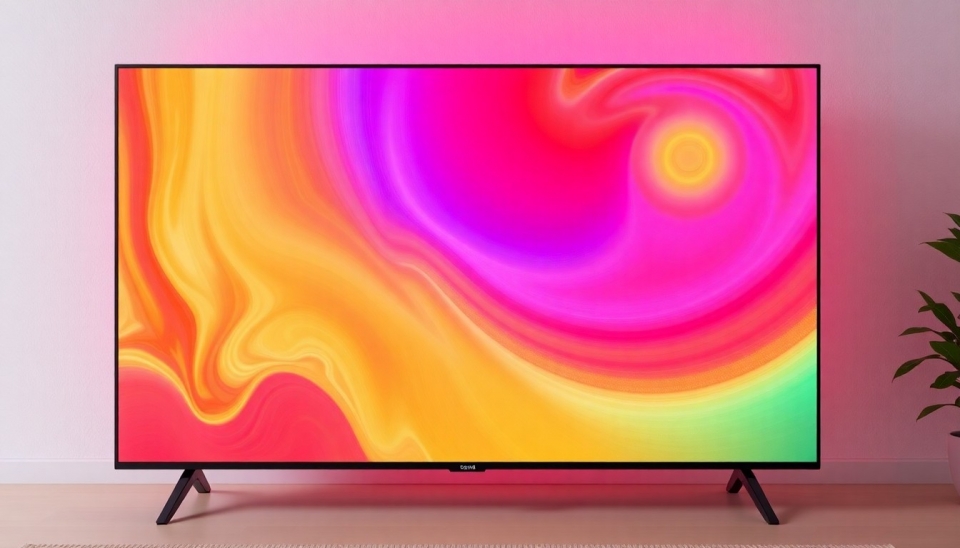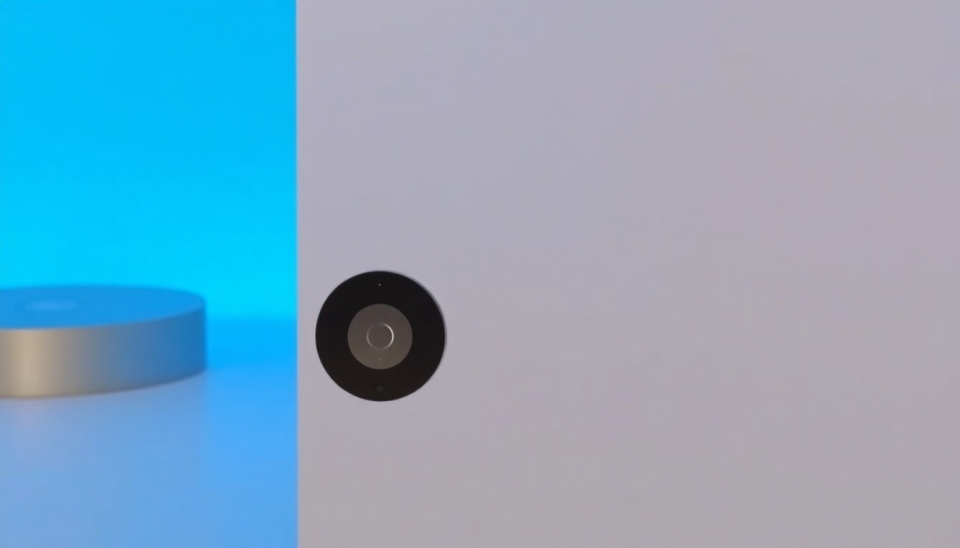
The Consumer Electronics Show (CES) 2025 has recently concluded in Las Vegas, leaving an indelible mark not just with the latest flashy gadgets, but with a broader influence on tech trends and industry dialogue. This year’s show was a vibrant convergence of innovation that showcased how technology is intrinsically woven into the fabric of our lives, with discussions that extended far beyond the products on display.
This year, CES attracted a diverse group of participants, from startups to industry giants, showcasing advances in artificial intelligence (AI), smart homes, electric vehicles, and health tech. The event became a focal point for conversations about the ethical implications of technology, environmental sustainability, and the increasing necessity for digital security.
Among the standout themes of the conference was the focus on sustainability. Many exhibitors demonstrated eco-friendly technologies, highlighting a growing awareness within the tech community regarding climate change. Companies showcased products designed to minimize waste, improve energy efficiency, and promote sustainable practices. The commitment to greener tech was palpable throughout the convention, underscoring a shift in industry priorities.
In a parallel stream of discussions, the implications of AI were front and center. Sessions dedicated to AI ethics, regulation, and its future impact on jobs engaged industry leaders and policy makers alike. The dialogues emphasized the dual need for innovation and responsibility, suggesting that as the technology evolves, so too must our frameworks for governance and ethical guidelines.
The event also featured a notable increase in the presence of health tech innovations. Startups and established firms alike displayed cutting-edge solutions aimed at improving patient care, enhancing telehealth capabilities, and incorporating wearables for monitoring health metrics. This focus on health technology is likely a response to the lingering effects of the pandemic, highlighting an ongoing transformation in how health is managed through technology.
Notably, CES 2025 also saw a surge in discussion around digital security and privacy. As consumers become more aware of the potential risks associated with connected devices, companies are under pressure to prioritize secure design and transparency. Sessions on cybersecurity provided insights on protecting personal information and ensuring robust security measures are in place. This emphasis indicates a growing recognition that technology needs to be not only innovative but also secure.
In addition to these key themes, the show offered a glimpse into the future of transportation, particularly with the rise of electric and autonomous vehicles. Innovations in this sector have the potential to redefine urban mobility, with several exhibitors showcasing advancements that aim to make transportation more efficient and environmentally friendly. The discussions here extended beyond product features, with broader considerations on urban planning and the future of work.
Overall, CES 2025 served as a crucial platform for discussing not only the latest technological innovations but also their broader societal implications. The event's diverse range of topics, from sustainability and health tech to digital security, reflects a significant shift in how technology is perceived and its impact on daily life. As we move further into 2025, the insights gleaned from CES will undoubtedly influence the trajectory of the tech industry and its relationship with society.
In conclusion, CES 2025 has proven to be much more than a showcase of the latest tech gadgets; it has served as a pivotal occasion for crucial conversations about the future of technology and its role in addressing pressing global challenges.
#CES2025 #ConsumerElectronics #Sustainability #HealthTech #CyberSecurity #DigitalEthics #ElectricVehicles
Author: Emily Collins



